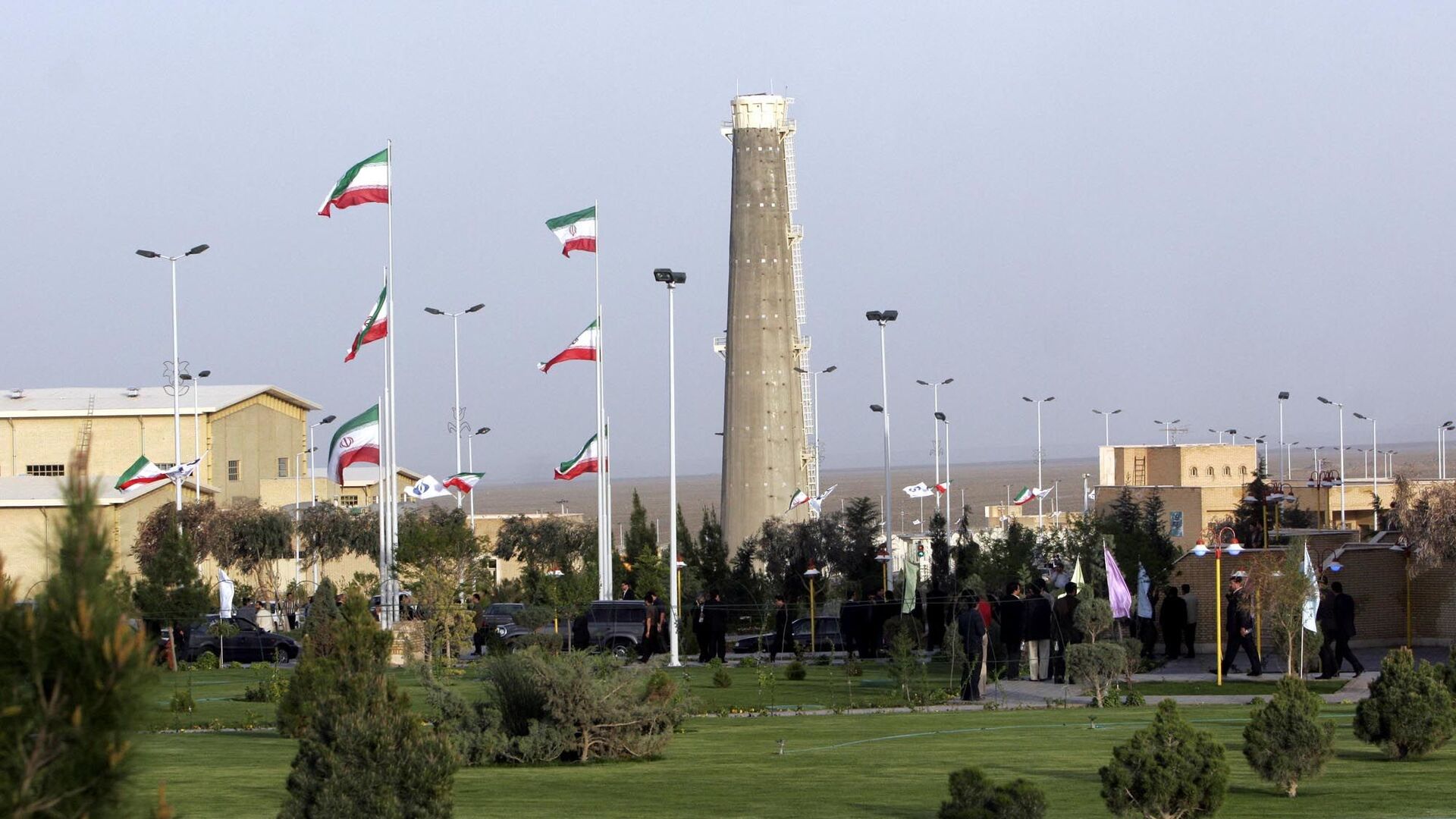Addressing the recent IAEA report, a representative of the German Foreign Ministry indicated on Wednesday that German officials are growing concerned over Iran's use of new centrifuges.
An unidentified source with the department told Sputnik that the German government is viewing Iran's continued expansion as "very alarming." The official added that any violations of the nuclear agreement by Iran are "counterproductive" to ongoing efforts by JCPOA signatories to preserve the 2015 deal.
The foreign ministry source's remarks followed those made earlier by Sergey Ryabkov, Russia's deputy foreign minister. Ryabkov previously informed Sputnik that Moscow was growing concerned by Iran's actions, noting that Russian officials "have been calling and we keep calling on all sides to exercise restraint."
The Russian diplomat also urged the US to take up efforts to ease the current situation so that Iran may fall back to the terms established by the 2015 nuclear deal.
"[Washington] should eventually make progress in lifting sanctions. A certain impetus is needed," Ryabkov said. "But so far we only see expansion of the sanctions list targeting Iran. Therefore, Iran pursues the policy of gradually reducing compliance with its voluntary obligations under the Joint Comprehensive Plan of Action, Iran keeps scaling up its nuclear activities."
The 2015 nuclear deal was established with the intent that it would prevent Iran from being able to build a nuclear weapon, which the country has repeatedly stated it has no intentions of doing. In exchange for lifting harsh sanctions imposed against the Middle Eastern country, Iran was expected to abide by several terms, including that it would only enrich uranium with its first-generation IR-1 centrifuges.
The recent findings by the IAEA determined that the more advanced IR-4 centrifuges had been installed at the Fuel Enrichment Plant in Natanz, and that Tehran will be installing a second cascade of said centrifuges at the facility in the near future. The IAEA's confirmation came weeks after Iran announced in February that it had installed the new centrifuges, but failed to offer more specifics on the matter.
The latest developments came after Iran announced last month that it would begin restricting IAEA inspections at its nuclear facilities should stiff US sanctions remain in place. However, a last-minute deal between Iran and IAEA Director-General Rafael Grossi allowed for some inspections to remain in place.
Since the US' withdrawal from the nuclear deal, Iran has continued to pull away from its previously established commitments, and has instead opted to put pressure on remaining signatories to provide economic incentives that will combat Washington's financial hurdles. Under the Biden administration, the US and Iran have remained at a stalemate, as both countries have called on the other to act first on the matter.




